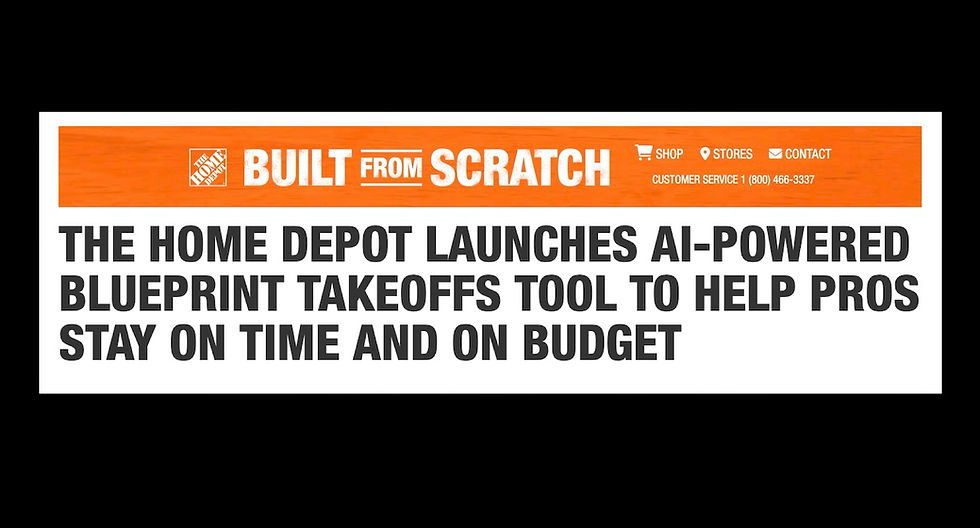11 Smart Moves to Weather an Economic Downturn
- Craig Webb

- Dec 12, 2018
- 3 min read
Updated: Dec 14, 2018

Contrary to past beliefs, you cannot have too much cash in your business. When I look back at our last recession, in our trade association’s five-state area, the nearly 300 independent yards that closed did so because they ran out of cash, the banks eventually said “no more available line of credit,” and/or the banks actually called their existing loan. Cash flow is king. Right now, be sure to manage your receivables like never before. You make the credit rules and enforce them. Draw the credit line in the sand and do not step over it. Will you lose some business? Yes, but the cost for the risk is just too high.
The other cash flow area to manage is your inventory. Turn, turns and turns. I have found that if we manage our product lines, inventory turns, and vendor relationships, we turn our inventory much more. I also watch our profitability index—margin times turns. Our goal is 260+.
I’m religious about checking three items on our balance sheet every month: Beginning and ending cash, beginning and ending inventory, and beginning and ending receivables. I spend more time on our balance sheet than on the profit and loss statement. You can follow trends much more accurately from the balance sheet.
I have heard and read that you should keep a small outstanding amount on your line of credit. This may have been OK when the cost of money was low, but with Fed rates on the rise, it’s maybe not such a good idea now. I would prefer to keep six months’ cash in our bank account. Every month I calculate our average year-to-date expenses, and that is how I come up with the six-month expense number. Of course, you also must consider your cost of goods sold.
Find a customer, vendor and product mix that works for you. Quality, great deliver service, constant customer contact, and strong vendor relationships go along way to improve your business model. But being successful in this business is having a process that you, your employees, your vendors, and of course your customers understand and appreciate. Your process is developed from understanding your customer, vendor, and employee expectations and expertise.
Product selection is vital. Know your customers and work to improve their profitability through products that more closely represent your customers and their clients’ needs and wants.
Control expenses all the time, not just during a downturn. Our tendency has been to throw money or new employees at issues during tough times. We can not base our operational needs on Monday morning’s delivery demands, when our customers, operations personnel, and sales team are screaming about more help and more equipment. You must balance your expenses based on longer-term needs, not emergency or busy times of the day, week, or month.
Create an atmosphere of higher productivity, better planning, and less complaining. Can you cut costs too soon? I have never heard of that being a problem in our industry.
I try to review expense controls every time I sign a check. Was it necessary? How could we have not spent this money? What caused it? Who caused it?
If you survived the last downturn, you have proved your skill as and owner, or manager. Just be sure you don’t forget how you survived it. Housing recessions come and go; you do not create them and you cannot stop them. But with a strong understanding of how to survive them, the process you put in place will make the next one even more survivable. Make your plans based on action, not reaction.
Your ultimate goal is to help your customers be more profitable and that in turn will help you be more profitable.






Comments